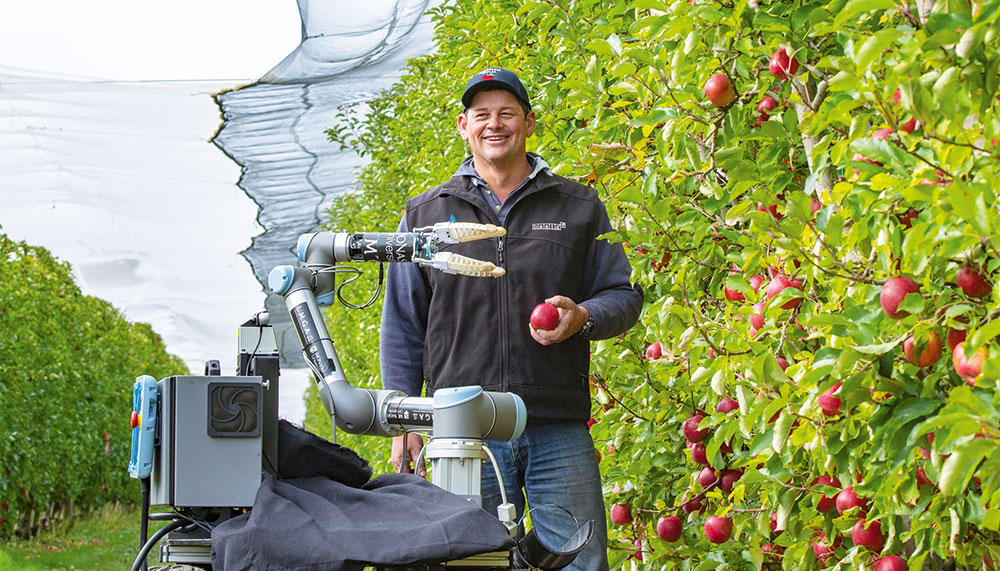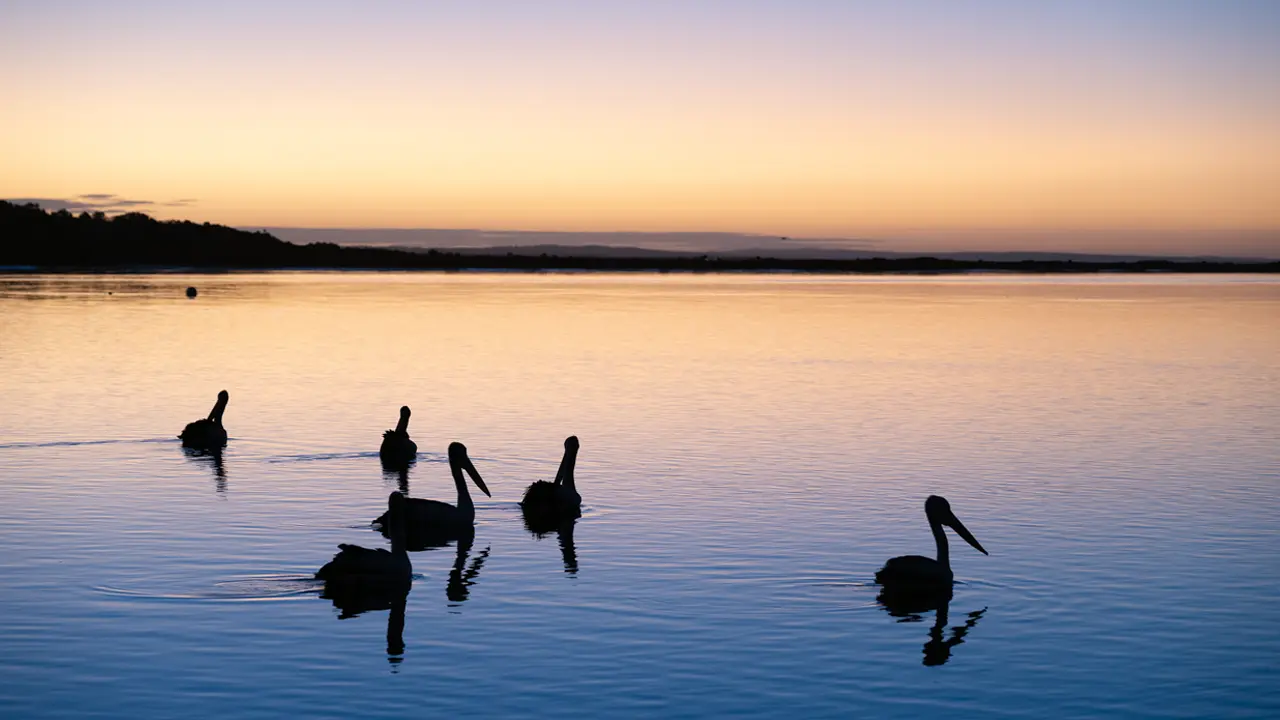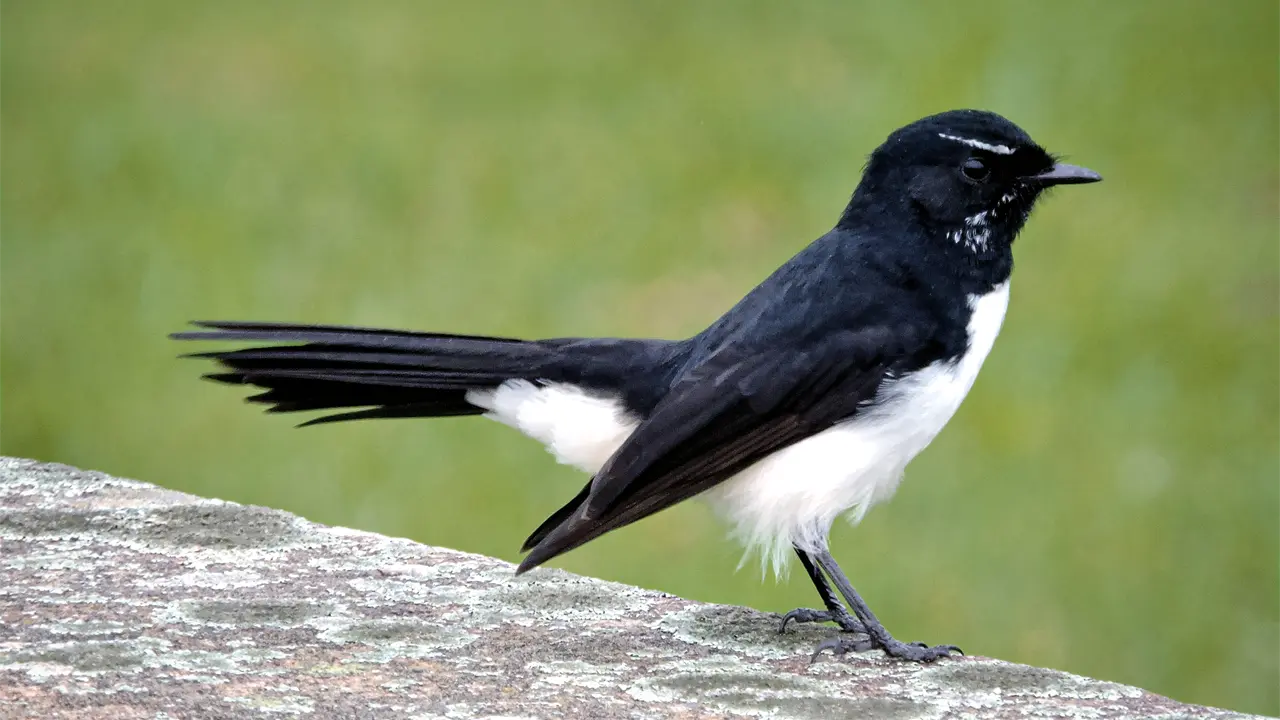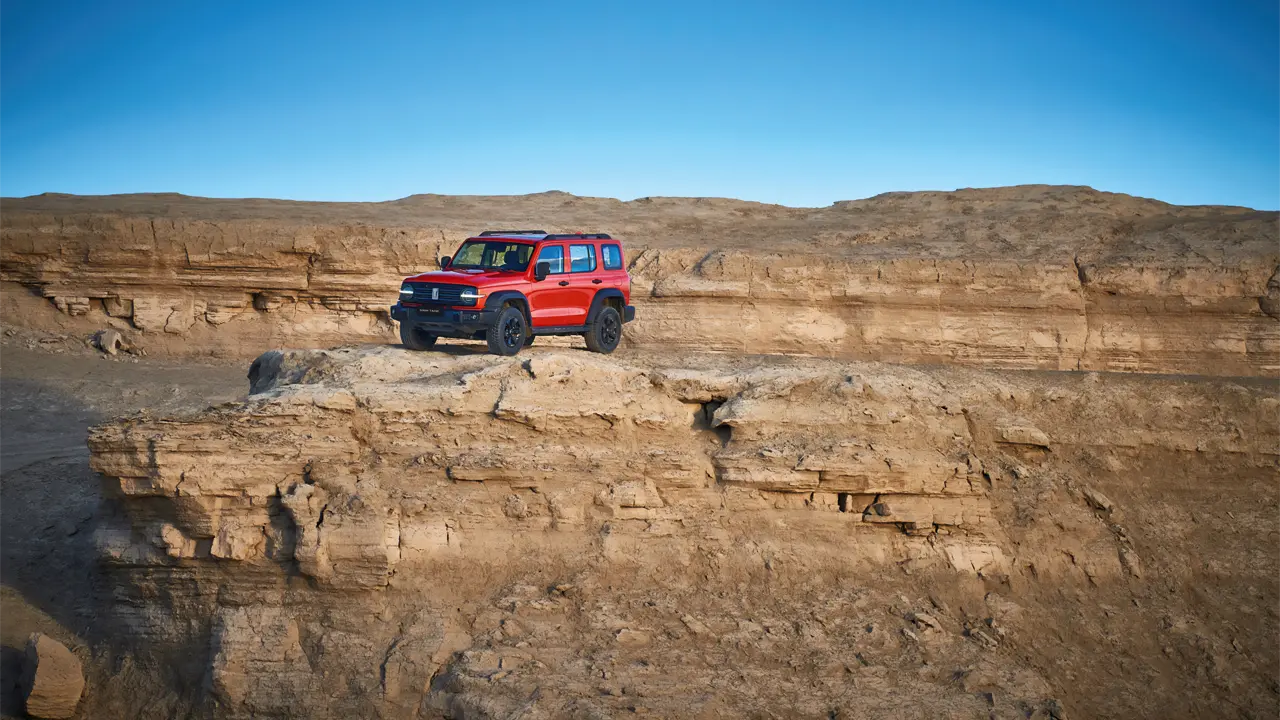The enduring effects of the pandemic have magnified cracks in the rural, regional and remote labour landscape.
Story Sue Smethurst Photo Newspix
Every morning when he arrives at work, long before pouring his first coffee, Ray Borda says g’day to his CEO and asks, “How are we going for staff today?” For the founder and director of the Macro Group, the world’s largest distributor of Australian kangaroo and game-meat products, it’s been the same routine for the past 2 years. “It’s my first question after ‘How are you?’ It’s pretty sad when you have to do that,” Ray says.
Like many businesses around Australia, the Macro Group of companies, which Ray established in 1987, is feeling the pinch of the workforce crisis. He currently employs 1,000 people across 14 sites Australia-wide and exports products to more than 50 countries, but he’d love a few more hands to help.
Prior to the arrival of the COVID-19 pandemic, he had plans to significantly expand the luxury leather and retail food operations, which produce 400 tonnes of meat each week, including kangaroo, wild boar and deer. However, those plans are on hold until he can find the staff needed just to maintain existing production.
“If I could wave a magic wand, I’d hire another 60 workers today,” Ray says. “The shortages stretch from our outback hunters to the truck drivers, the butchers, the maintenance workers, the production workers, the food scientists, accountants, research and development. Every element of the business is impacted. If we can’t get the workers, we’ll have to look at closing lines of the business to adapt.”
It’s a familiar song echoing across rural and regional Australia in the wake of the pandemic.
This story excerpt is from Issue #146
Outback Magazine: December/January 2023










